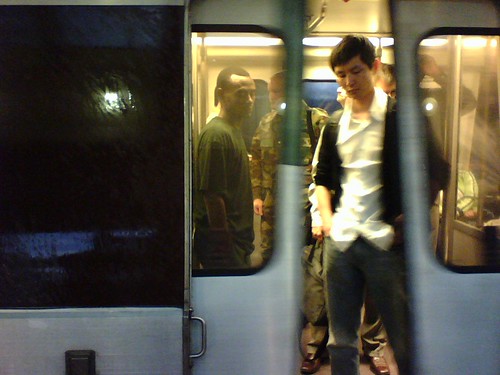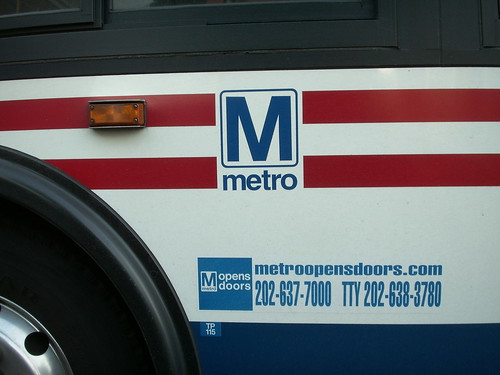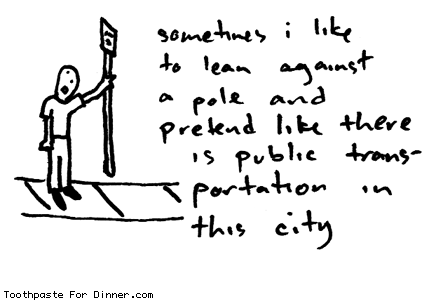
What they're specifically doing to prevent delays, and they answered.
Metro does not see the current amount of delays as requiring any kind of crisis response program. Makes you wonder where they've been for the past three days.
Instead, WMATA relies on "preventative maintenance," wrote a spokesman for WMATA in an email exchange.
“We never stop looking for ways to improve service and to decrease disruptions,” they wrote.
Every rail car is inspected daily for wear and tear, they wrote, adding that any areas of concern are repaired immediately. More detailed inspections are also performed on a regular basis, they wrote. Metro also inspects the tracks regularly and performs track maintenance nearly every weekend, according to the spokesman.
“Not all disruptions are attributable to car performance,” they wrote. “Many offloads can be attributed to door problems, and I think we all know that many door problems are caused by people who try to hold them open.”
The spokesman said that the percentage of trains per day that need to be offloaded is about half a percent and that of all the “door movements” per day, 99.999 percent are successful.
“Of course, the important train is the one you’re on at the time,” they said. “If that train is running one of the .5 percent of the trips not completed, it inconveniences as many as 1,000 people. It is a big deal, to you and to us.”
WMATA makes some good points. We tend to remember the suck-o-ramas, not the times when Metro worked.
And
we've seen with our own eyes the impatient a-hole who pried the door open rather than wait another few minutes for the next train. We wonder, though, how often it's the passengers' fault. We asked, and WMATA doesn't keep data on that. Perhaps they should.
Also, despite a lot of evidence to the contrary, DC doesn't have a monopoly of jerks who pry open train doors. We've seen it in other cities, and while it may be amusing to see, it doesn't cause the trains to go out of service. We think WMATA needs to look into some more robust doors.
Given the recent spate of "switch" issues, perhaps WMATA could review it's track inspection procedures. But just don't use any of that
track equipment the derails, please.
We also don't think WMATA is taking into account the ripple effects of door problems and breakdowns. We think 1,000 is a low estimate for the number of people affected by a rush hour breakdown. And if our
Twittercaps are any indication, people react quite viscerally to a Metro malfunction.
WMATA doesn't seem to think it has an image problem, and this is disheartening. We fear that because of Metro's performance, more people will think like this:
@jiwest Why oh why is the Orange line so sporadic? I think I've had quite enough of no-car city life, thank you very much.More cars is exactly what we don't need.
More on doors to come.
Other news:Metro discusses budget woes on Capitol Hill (WTOP)
Great John Kelly piece in WaPo we can all relate to
Another Metro stop in Bethesda? (Gazette)
Major work to begin on 14th St. bridge (DC Examiner)
Photo:
sudama











 We guess the rainy day is now.
We guess the rainy day is now.
























 Oct. 11, 2012
Oct. 11, 2012 February 21, 2012
February 21, 2012 March 4, 2010
March 4, 2010




